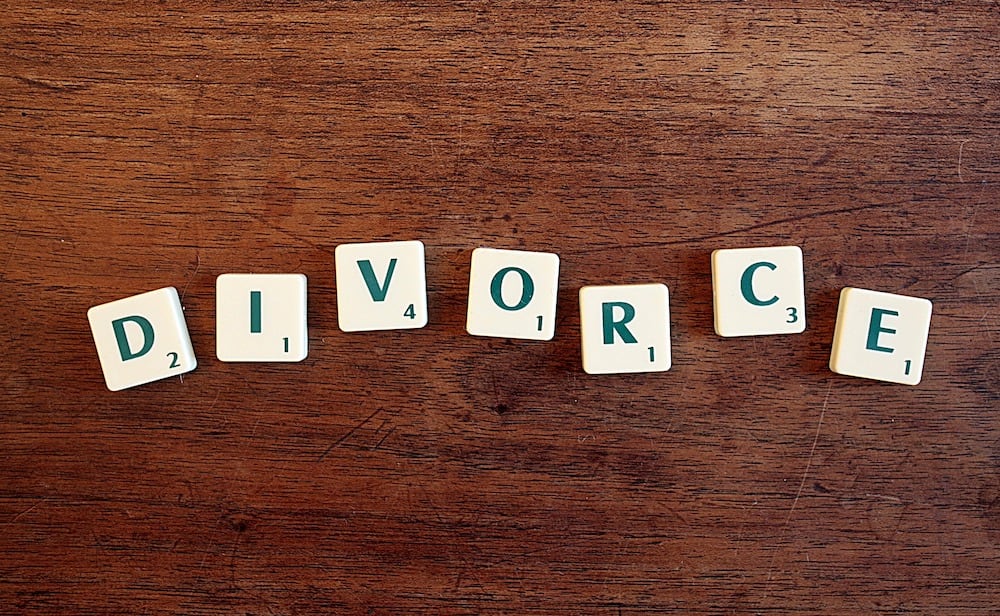
Divorce is never easy. When a couple decides to end their marriage, the process can bring up strong emotions, difficult decisions, and, in some cases, disputes that are not easily resolved. In New Jersey, when two spouses cannot agree on the key issues in their divorce, the case is referred to as a contested divorce. This means that the court will ultimately decide the outcome of the matters the couple could not settle on their own. Continue reading and reach out to the knowledgeable and dedicated contested divorce lawyers in Sussex County here at Gruber, Colabella, Thompson, Hiben & Montella to learn more about the process and how we can help guide you through it. Here are some of the questions you may have:
What Makes a Divorce Contested?
A divorce becomes contested when the spouses cannot reach an agreement on one or more major issues. These issues typically include child custody, child support, alimony (also called spousal support), division of marital property, and sometimes even who is responsible for paying certain debts.
While one spouse may file for divorce citing irreconcilable differences or another legal ground, what truly makes the divorce contested is the disagreement over these terms, not just the filing itself. When communication breaks down or emotions run high, even couples who started the process hoping for an amicable separation may find themselves in a contested situation.
How Does the Contested Divorce Process Work in New Jersey?
The process of a contested divorce generally starts when one spouse files a complaint for divorce with the court. The other spouse then has the opportunity to respond, either agreeing with or disputing the claims made. Once it’s clear that the parties disagree on certain issues, the court sets a schedule for the case, which may include discovery (where both sides exchange financial information and other relevant documents), court conferences, and eventually, a trial if no settlement is reached.
Throughout this process, the judge encourages both sides to try to resolve their differences through negotiation or mediation. Many cases settle before reaching trial, but if no agreement can be made, the judge will issue a final decision. This can take many months, or in some cases, even longer, depending on the complexity of the issues and how cooperative the parties are.
Why Should You Work with an Experienced Divorce Attorney?
Going through a contested divorce can be stressful, confusing, and overwhelming. An experienced New Jersey divorce attorney can guide you through every step, ensuring that your rights are protected and that you understand your options. Your lawyer can help you negotiate a fair settlement, represent you in court if necessary, and provide valuable advice that takes into account both the emotional and financial aspects of your situation. Trying to handle a contested divorce without legal help can put you at a significant disadvantage, especially when the other side has hired skilled representation.
If you believe your divorce might become contested, or if you’ve already found yourself in a dispute, please don’t hesitate to contact Gruber, Colabella, Thompson, Hiben & Montella today.
© 2025 Gruber, Colabella, Thompson, Hiben & Montella. All rights reserved. Attorney advertising.
